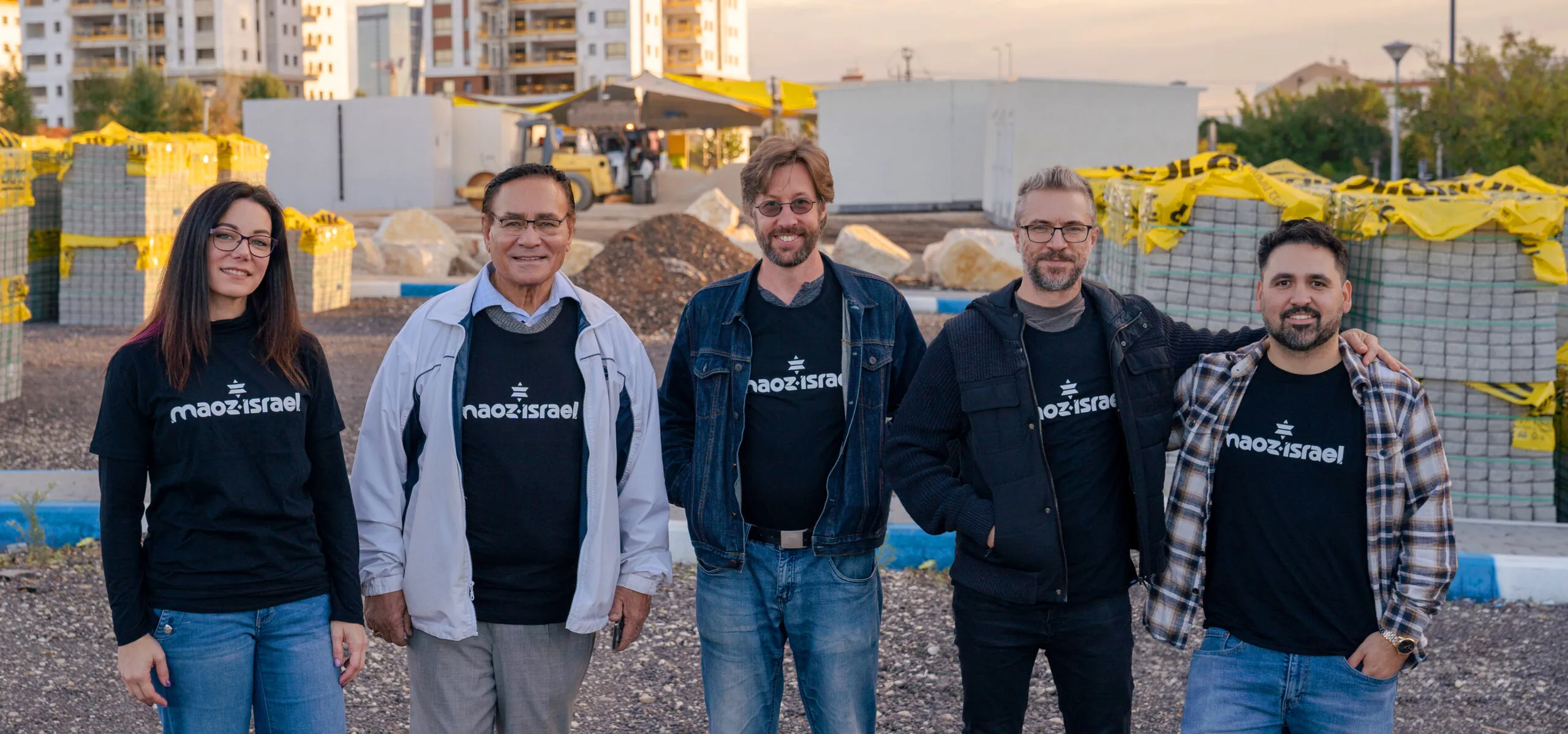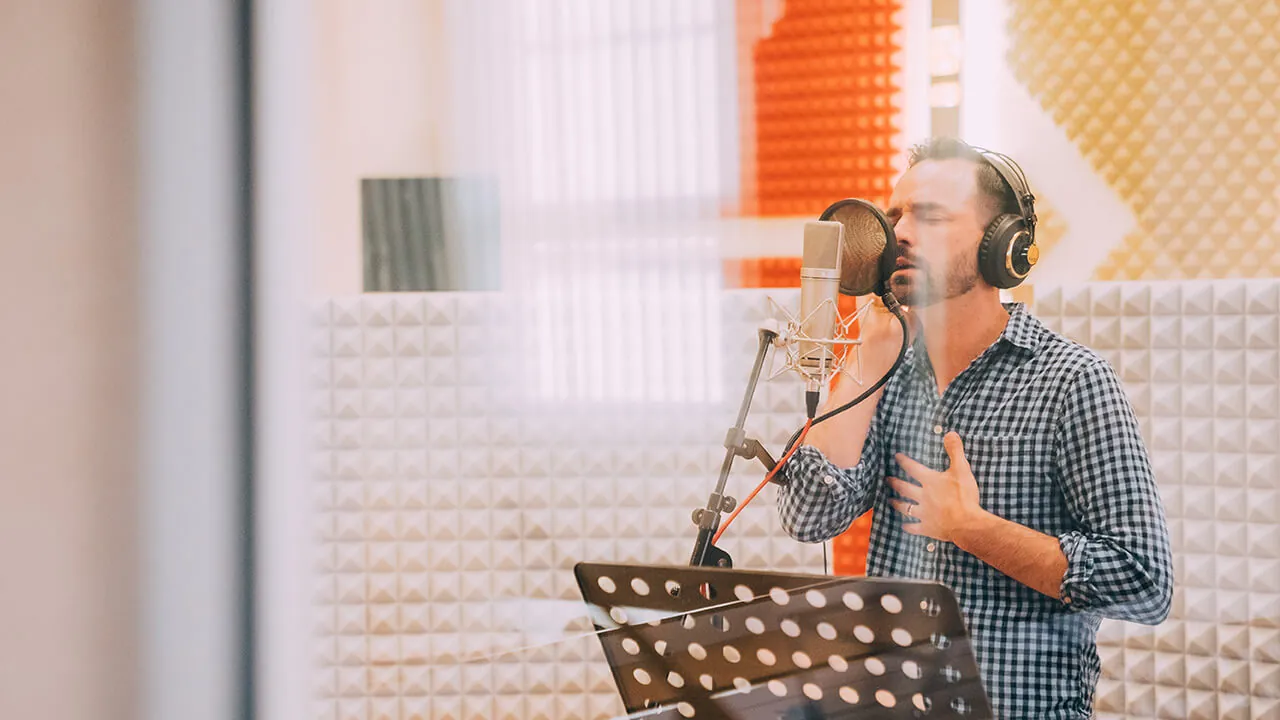
Being Jewish was a big part of my identity growing up. It’s not that we had a strong faith in God, but we carried a generations-old sense that our lineage and traditions were an important treasure to be cherished and passed on.
As for me, I can’t remember a moment in my life when I questioned the existence of God. In my earliest memories, I remember having a strong desire to connect with Him. We attended our local synagogue, but neither my parents nor our local rabbi could help me with that, and so I did the best I could. I would stand next to my bed and say the Shma (Hear O Israel) and quote some of the prayers I learned in the synagogue while facing east towards Jerusalem. Then I would ask God if He was listening, and wait day after day to hear an answer back.
Pondering if God was listening was one thing. Defining who He was, was a much more complex issue. Two notable things happened early on in my life to initiate my questions about Yeshua’s connection to whom I understood God to be.
My parents made the interesting decision to send my sisters and me to a private Catholic school known for its excellent education. I spent four years there. We were clearly told to focus during our classes on our basic subjects—like math, science and history. But as for anything to do with God or Yeshua, I was instructed to ignore it all. I wasn’t satisfied with that, and though the talk of Yeshua was done in a Catholic context, the instructions to ignore the topic only made me curious with more questions. In my fifth-grade year my parents moved me to a school with a large Jewish population, but the questions remained.
During that time, unbeknownst to me, I wasn’t the only one in my family asking questions. My mother, who wasn’t satisfied with our Reform Jewish life, had begun exploring eastern religions. Then, one day she got a call from a relative who shared a vivid and jarring dream about her. The dream quite literally changed her perspective on life and she immediately recognized Yeshua to be the Son of God from that day forward. I was 12 when she shared her experience with me. It took me some time to process, since being Jewish was an incredibly important part of my identity as a person. But I couldn’t deny that I knew in my heart what she was saying was true.
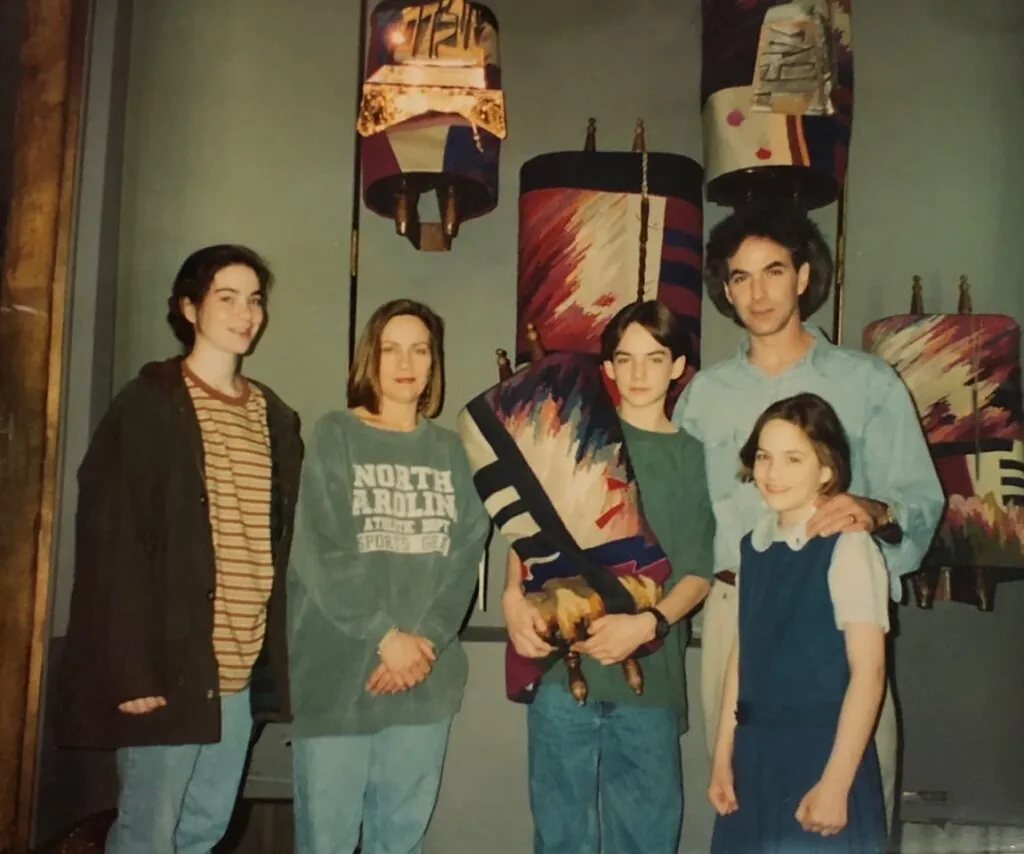
With my Bar Mitzvah coming up, I found myself in a dilemma. I had studied for this day my whole life. How did this event fit into my new beliefs? My mother and I agreed that this coming-of-age ceremony was important for our Jewish heritage, and so we only shared our newly-found belief in Yeshua with my father after my Bar Mitzvah. Once that was over, I shared liberally with all my Jewish friends at school and synagogue—and really, with anyone who would listen.
Later that year the school held a speech contest (on any topic we chose). I signed up and chose my topic to be proof of Yeshua as the Jewish Messiah, using only Old Testament scriptures. The school went into an uproar following my speech. Though the following weeks included intense debates with the teachers, the faculty and students, I remember that time being incredibly God-kissed as the taboo subject was being openly discussed and challenged.
I knew the moment I gave my life to the Lord that I had a calling to bring the knowledge of Yeshua to my Jewish friends—and even had a sense deep down that this would involve Israel.
But the Christian world was still a bit of an anomaly to us—we didn’t know any other Jews who believed like us. So, I was 14 before my mother and I finally decided to attend a church.
Soon after, however, we were introduced to the Messianic Jewish community and much of our identity conflict was resolved. We began attending Or Ha’Olam Messianic Congregation and were relieved to discover that our Jewish heritage could and should be very much a part of our walk with Yeshua. It was at that congregation I became involved in leading worship at the youth group and from then on I knew this was part of what I was supposed to do.
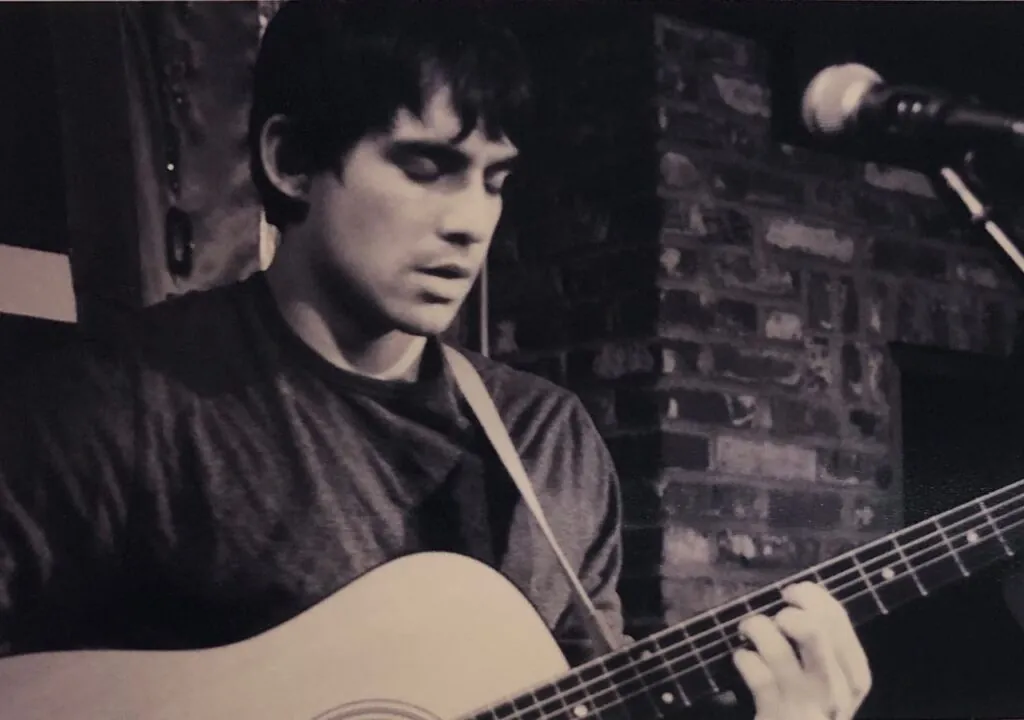
After high school I went to college in Kansas. Though I still walked with the Lord, I had so many open doors that I began to lose focus on worship and soon saw the music industry as my destiny. I began writing love-songs music and formed several different bands during my time at school. Eventually I landed an internship at a record label that was supposed to be Christian. For a time, I thought this was where I was going in life, but the line in the sand was drawn when the label’s partner wanted to sign a band whose lyrics blatantly mocked God. I refused to have anything to do with them and was subsequently fired.
Though painful, this turn of events simply brought me back to my original call to ministry. I went home and stepped back into leadership at Or Ha’Olam with the youth. I led worship and poured into the young people around me.
The next summer, I attended Messiah conference and met Raleigh and Paulette Washington. We clicked, and they invited me to move to Denver to be a part of birthing the Road to Jerusalem which focused on building a bridge of unity between Messianic Jews and the Christian world. As things progressed, I also got involved with Promise Keepersas well.
Knowing Israel was in my future, I knew I needed to scout out the land of Israel to get a better idea of what I would do when I eventually moved there. So about three years into my time in Denver, I took a “get to know your homeland” type tour geared towards young Jews. I took the tour and then stayed a bit longer to meet local Israeli believers. My steps couldn’t have been more ordained.
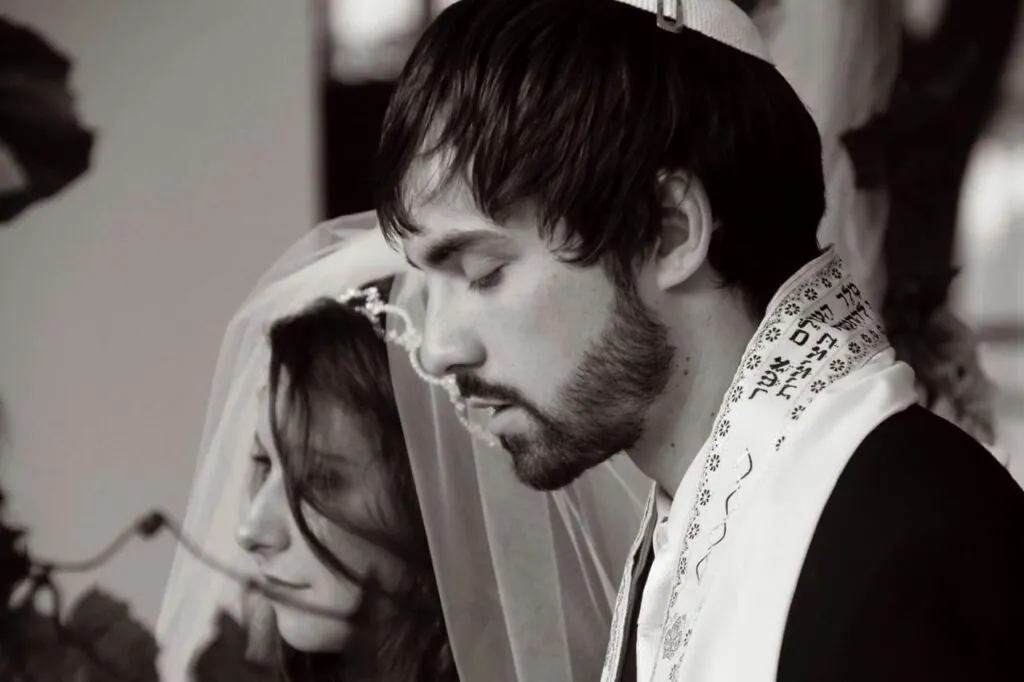
I met Elisa (my future wife) on my first day of exploring the land on my own. We met because of mutual friends who accidentally booked both of us to stay at their home on the same day. That evening, Elisa and I and another friend decided to grab a bite before we headed over to the apartment. Of all the places we could’ve eaten, our first meal together would be at a restaurant right across the street from where our future ministry center would reside.
I flew home and kept in touch with Elisa, who lived in Dallas at the time. In 2007 we were married and she moved to Denver with me. We spent the next two years crafting the vision of what would become our ministry— HaTikva Project—and in 2009, after five years in Denver, we both knew it was time for us to make the final step across the ocean.

The Clinic
HaTikva Project was already set up in the U.S. so when we moved to Israel, we hit the ground running. Between language school and a variety of other “getting settled” activities, we sought out needy families to help. We quickly found, however, that a good portion of the help people needed was dental help. The cost was very high for each of these treatments, so a large part of our budget was being swallowed up by dentistry needs. The question was, could we get them the treatment they needed at a significantly lesser cost if we provided the treatment ourselves? Interestingly, enough, Elisa had a four-year degree in dental hygiene (the average Israeli hygienist has only two years) which allowed us to set up a clinic that would function at the highest level.
In 2015 we opened our first dental clinic, which offered deeply-subsidized, full-scale dental care for the needy. From the very beginning, we were determined to offer this service openly as Messianic believers. Anyone who came through our doors would have both their physical and spiritual needs attended to. Since we were offering a service even the government couldn’t offer, social services agreed to refer their patients to us.
It’s not uncommon for Jews to feel threatened when the name of Yeshua is introduced in any given setting, and we didn’t want to put patients in a position where they might feel suddenly uncomfortable. So we asked social services to “warn” anyone who came that they were coming to a Messianic clinic where Yeshua is a part of everything we do as Jewish and Arab believers. It’s not uncommon for new patients to walk into our clinic with all their medical papers and a “be advised” bulletin about us.
The Adoption
When I was about 15, and my mother (who had been adopted as a baby) and I were going through all our spiritual changes, my mother decided to finally look into her adoption file. She found out her birth parents, who had given her up for adoption while they were in high school, had gone on to get married and have four more children. When we met them, they cried tears of joy and said they always prayed their daughter, whom they had given up for adoption, would come back to them. But the adoption files required contact to be initiated by the child, and so they were never able to initiate a search for my mother.
I had grown up loving my mother’s adoptive parents. As far as I was concerned, they were my grandparents. But when we were reunited with this whole new part of our family, I was struck by the incredible gift my adopted grandparents had given me. My biological grandmother’s choice not to abort my mother together with my adoptive grandparents’ willingness to raise my mother in a good home are the two most important decisions ever made as far as I’m concerned. I exist today because of both of those choices. My children now exist, and generations will come after them because of these two choices, as well.
This reality had a profound impact on my life, so you can see why I couldn’t be more passionate about abortion, adoption and, of course, foster care. In 2016, we started exploring the dynamics and policies of at-risk or parentless kids in Israel. While there were several believing organizations supporting young mothers in their decision to keep their child, there were no initiatives in the local Body for foster care and adoption.
Anyone who’s ever tried to adopt or foster knows the process is stressful and complicated. However, Israel, having mastered the art of we-can-make-anything-more-complicated, includes a religious mandate criterion. Israel’s religious mandate requires a child who is rabbinically Jewish (with a Jewish mother) to be matched with a rabbinically Jewish family. An Arab child must be matched with an Arab family, and so forth. The dilemma arises when children come from a mixed Arab and Jewish family, or are Jewish only on their father’s side and are thus considered an anomaly. This works in our favor, because as Jewish believers in Yeshua—we are an anomaly to the government as well, and are, thus, perfectly positioned to provide a home for this category of “unplaceable” children.
Once again, social services agreed with us, and we’ve seen two significant breakthroughs just this past year. As an openly Messianic family, we succeeded in adopting a child! And another openly Messianic family was granted foster care rights. These accomplishments are not just great for the kids who will now enjoy a warm home, but this has made great headway for the Messianic community to be recognized as a valuable asset to the Israeli fabric of society.
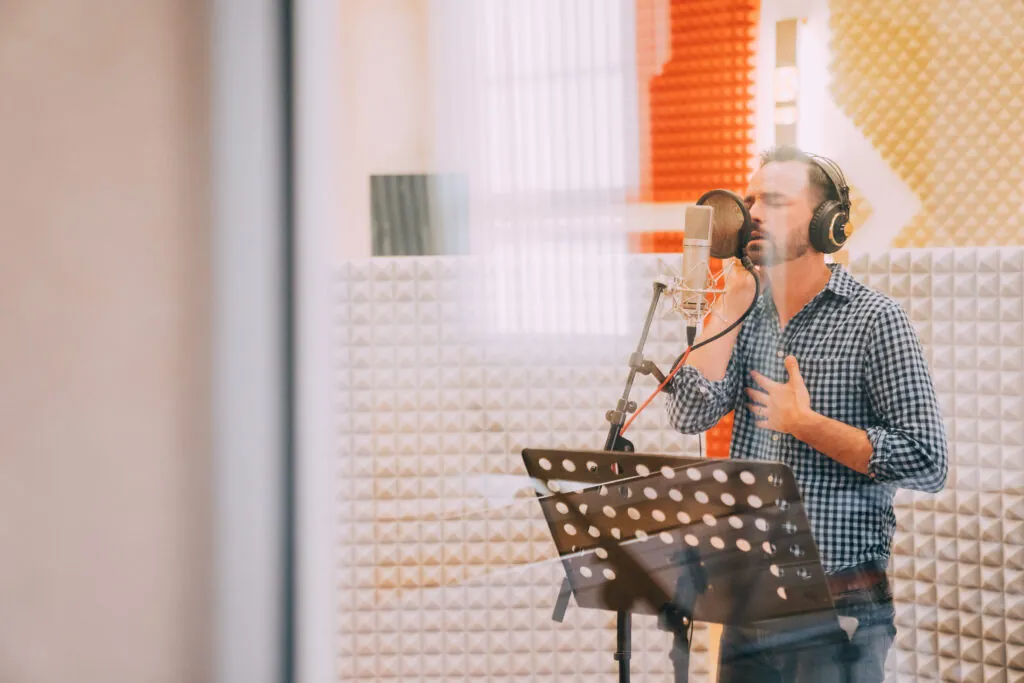
The Songs
For a decade, living in Israel, I had led worship at times in our local congregation and even wrote some songs in Hebrew. Some of my songs are sung in congregations in Israel, but my dream was to put out a whole album of the music I had written. It was just a dream, since we had so much going on and the logistics of a music project were beyond anything I could imagine handling.
About two years ago, I attended an invite-only gathering at the Fellowship of Artists studio with a few dozen other musicians and worship leaders from around the country. In the meeting they talked about their vision to see local congregations supplied with original Hebrew worship songs and ultimately see Israel become a source for worship music worldwide. Even beyond that, they wanted to see believing Israeli musicians have a place to come and create and fellowship with other creative artists just like them.
It seemed like a great vision, so when they said they’d be happy to work with us to produce our own music, I jumped at the opportunity and joined the FoA. We spent time sifting through my songs looking for the best ones and we’ve just released my first single Boreh Kdoshim (He who makes us holy). I can’t wait for the rest of the album to come out later this year.
Despite such a difficult year last year, I am keenly aware that the work we do is close to God’s heart. So it’s interesting to me how God can give you a passion for something, and then put you in a position where you must set aside that passion. Then, while you’re busy fulfilling His dreams, He comes in and fulfills yours. No wonder we worship Him.
Evan Levine is the Executive Director of HaTikva Project, a Messianic organization that provides dental care, adoption services, and foster care in Israel. He is also a worship leader with the Fellowship Of Artists. He grew up in a Jewish family in America, but came to faith just before his Bar Mitzvah and crossed the ocean to pursue a life of ministry in Israel.
You Can Support Evan Levine’s Hebrew Worship Album
One of my life-long dreams has always been to be able to put out a full-length Hebrew worship album. I’m so excited that I’m finally getting the opportunity to do that for Fellowship of Artists, which I’m very proud to be part of.
This album represents over a decade of the best songs that the Lord has given me since I moved here to Israel. The songs that we use here as a local body to come together and worship. We’ve already put up this first single. And now we’re working as we’re raising funds. We’d like to invite you to help us finish this album.
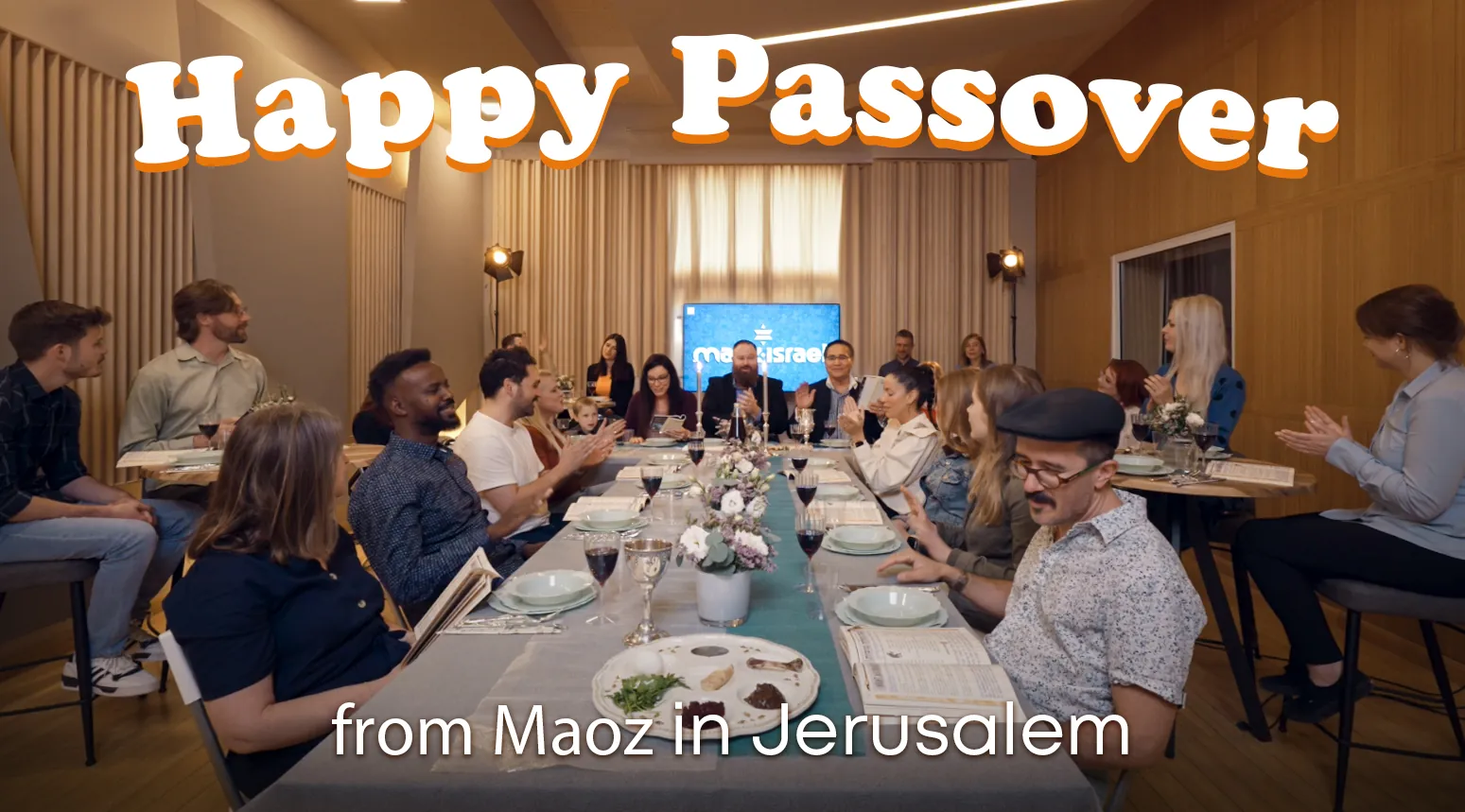
Happy Passover!

What is a Promised Land?

The Scariest Parable in the Bible
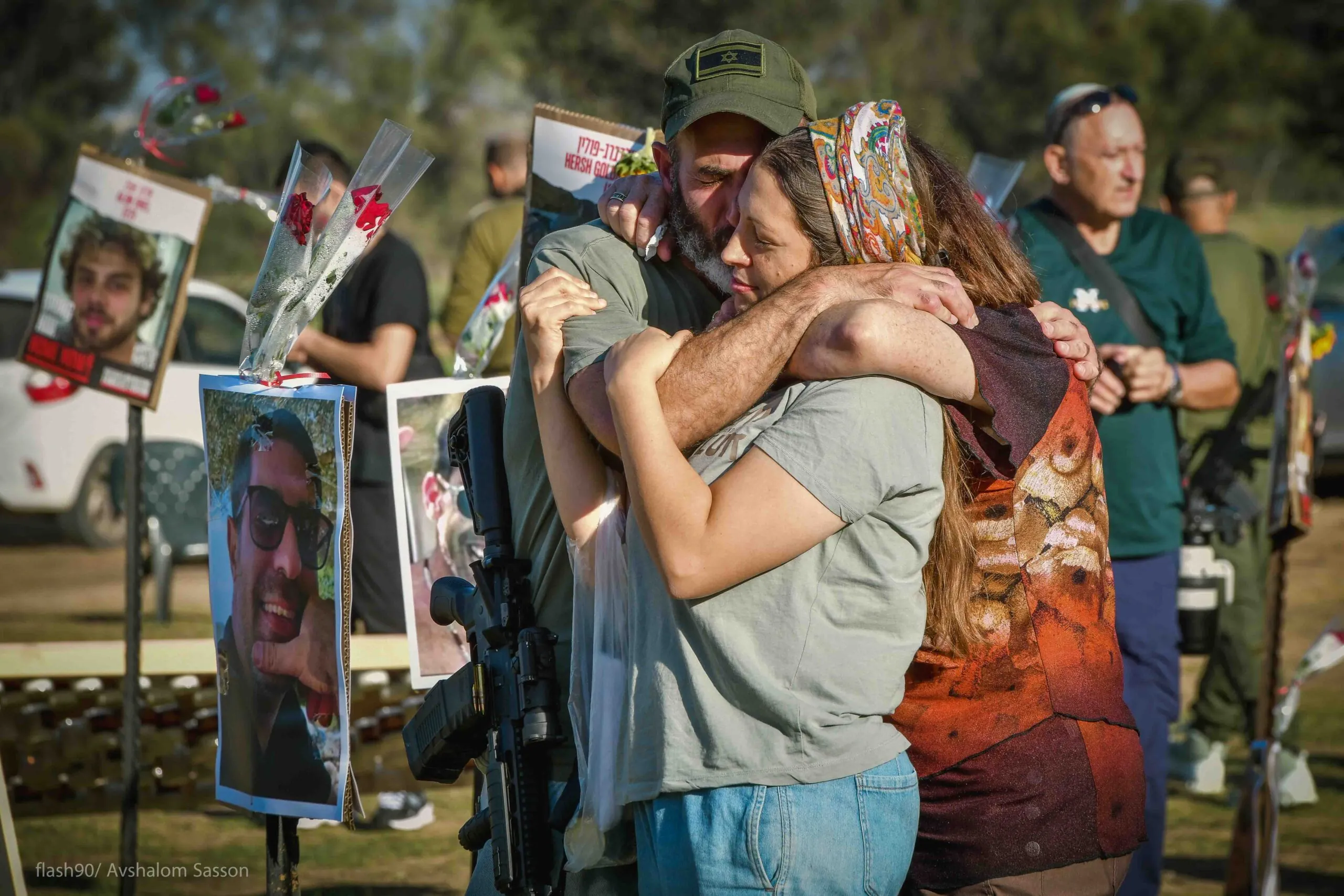
Restoration of Our Land
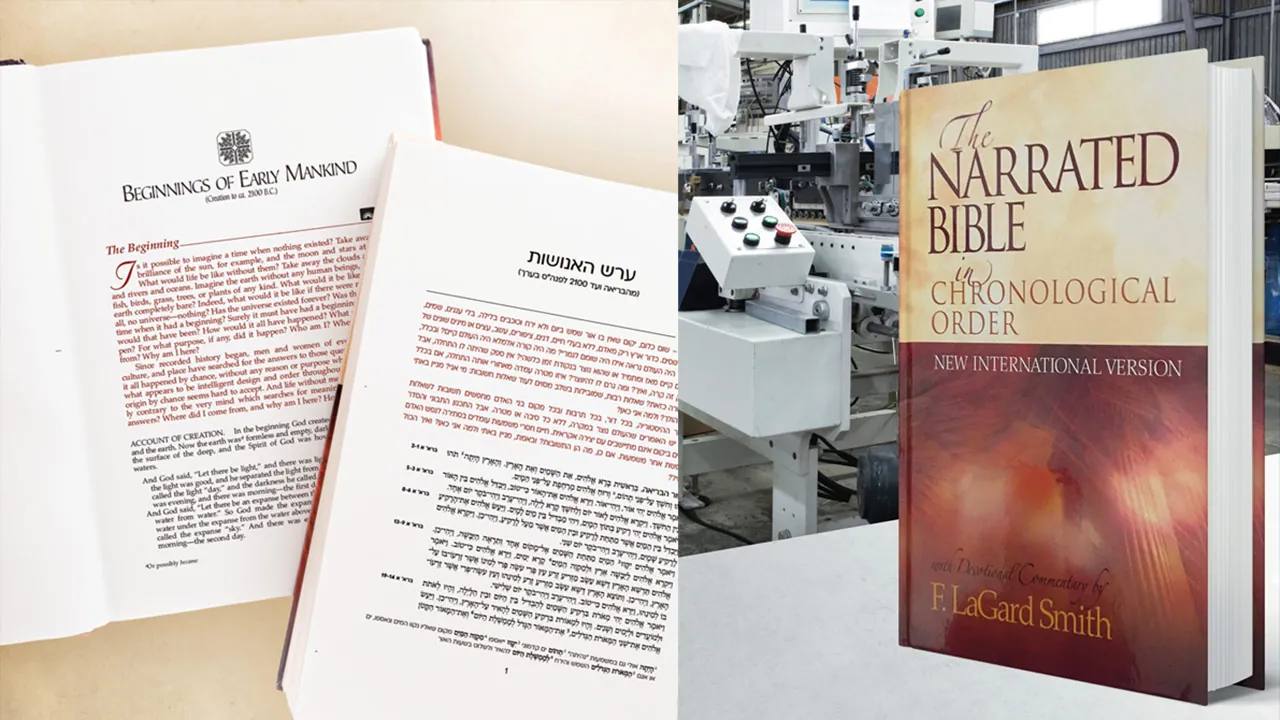
What Makes this Hebrew Bible Different From All Others?
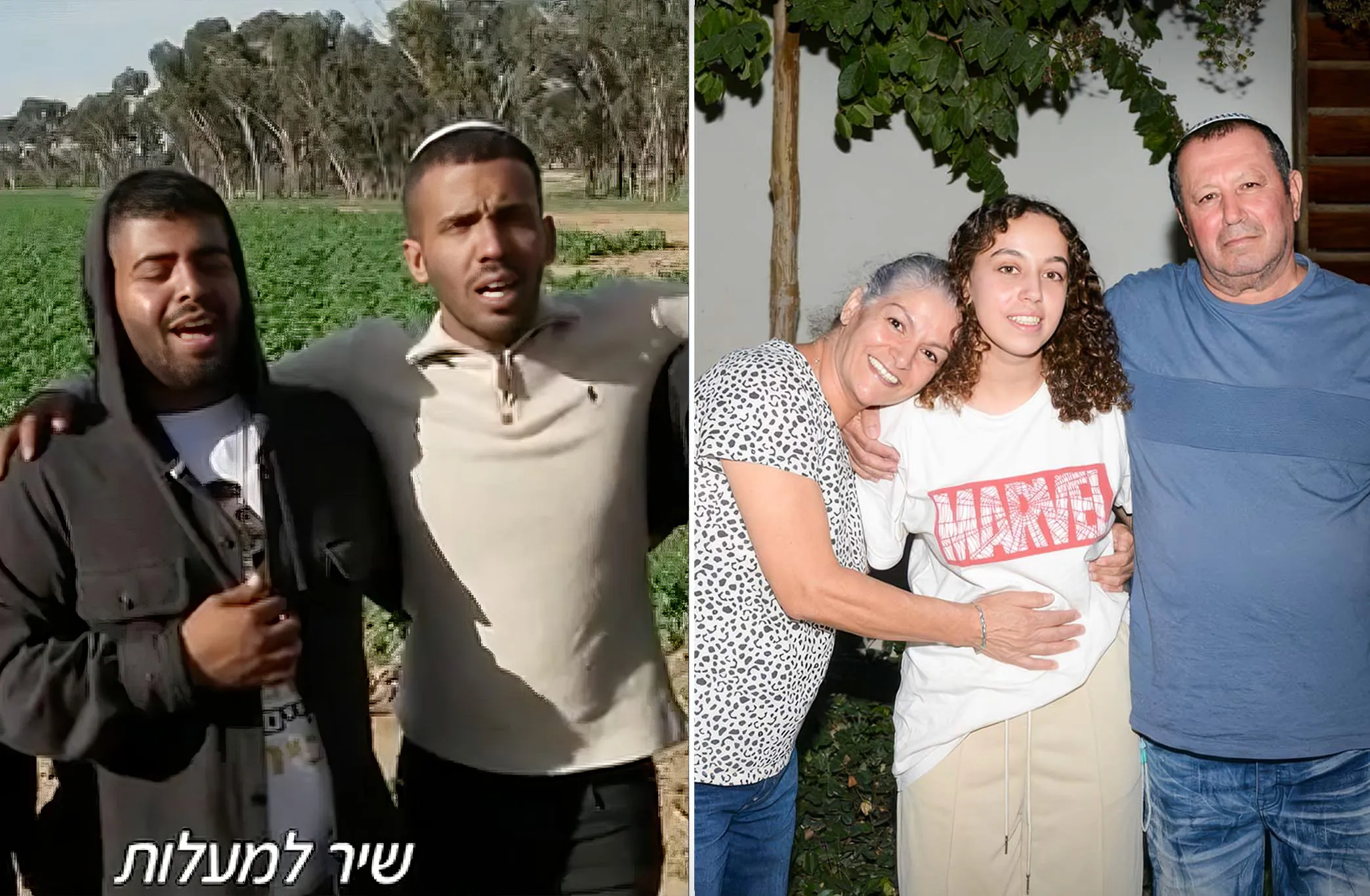
Two Miracles and a Message
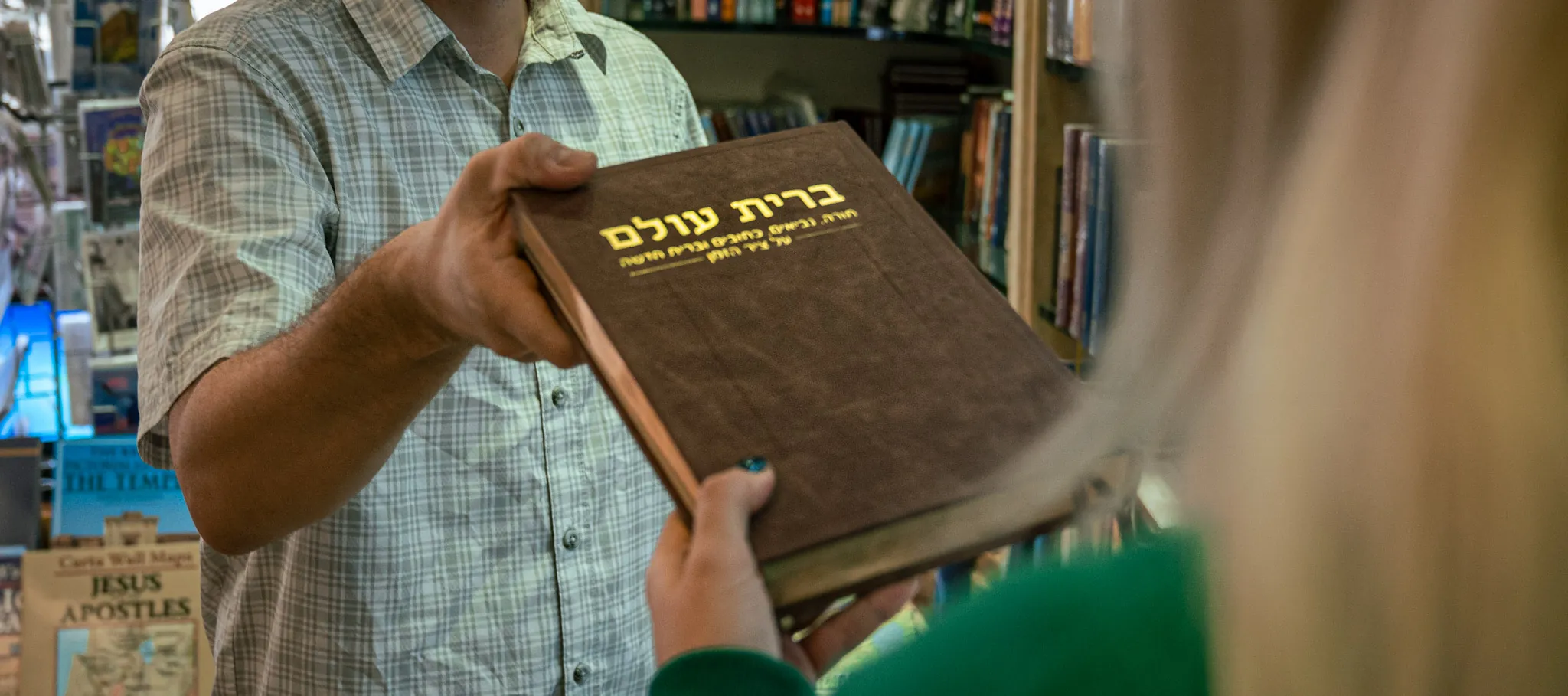
Narrating Hope
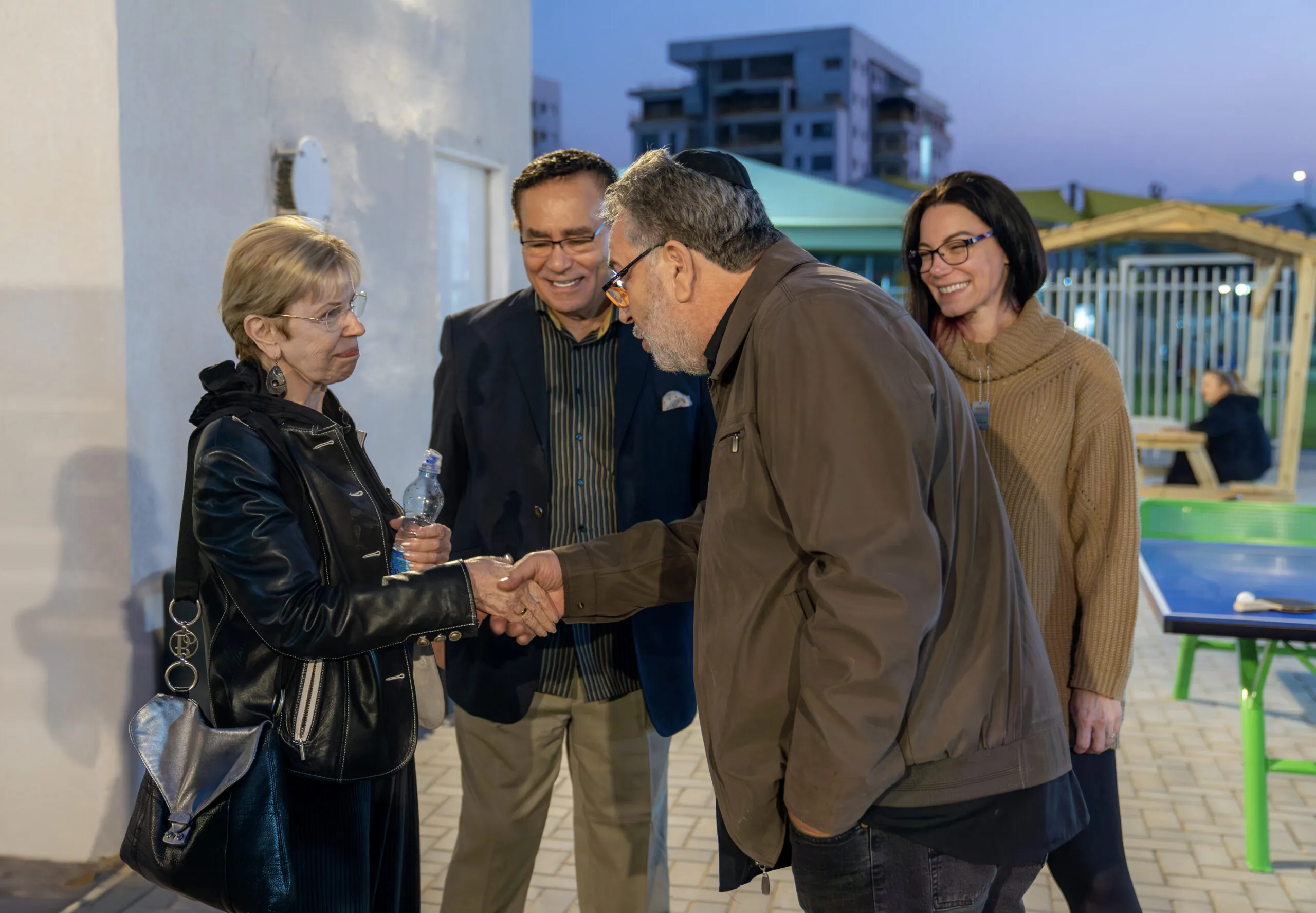
Hope in Action
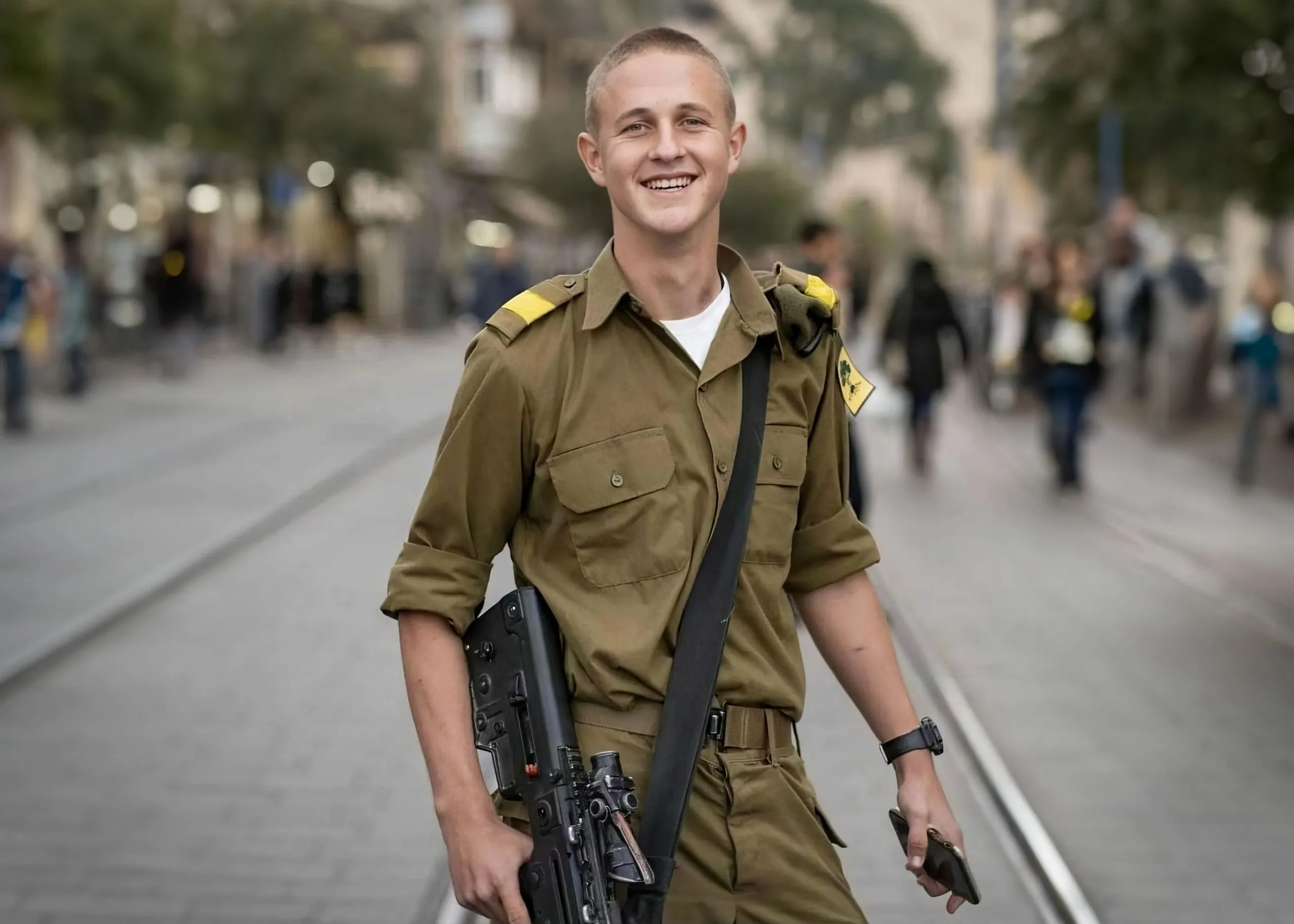
Fight to the Finish
